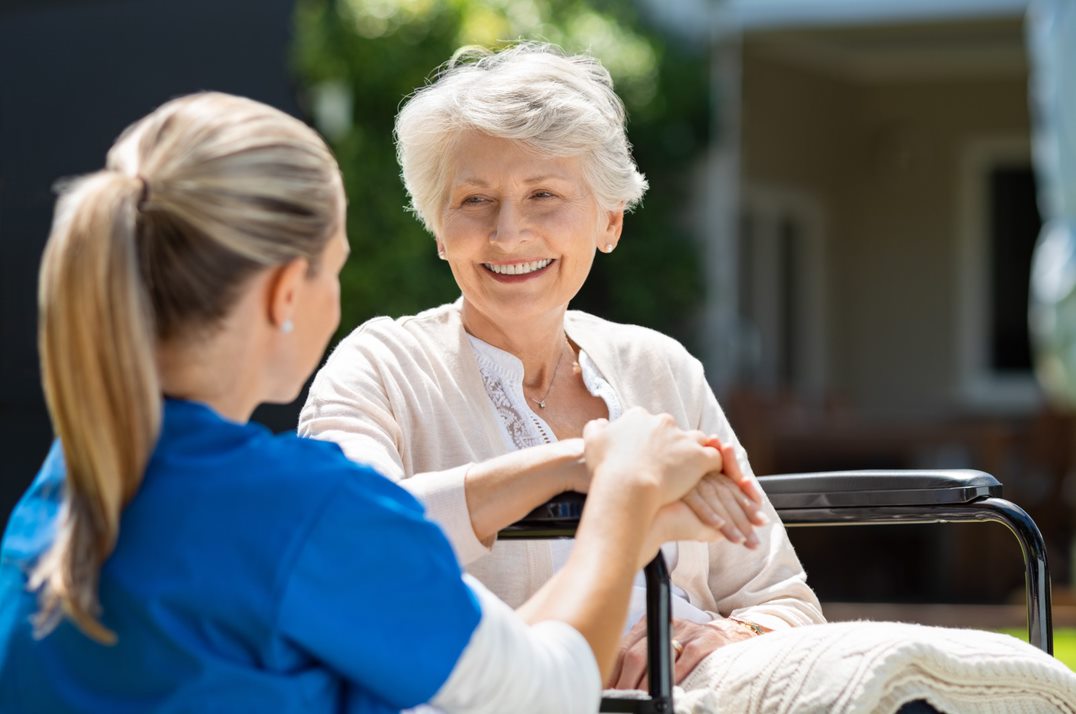The Of Dementia Fall Risk
The Of Dementia Fall Risk
Blog Article
All about Dementia Fall Risk
Table of ContentsThings about Dementia Fall RiskThings about Dementia Fall RiskThe Single Strategy To Use For Dementia Fall RiskDementia Fall Risk - An OverviewGetting My Dementia Fall Risk To Work
The FRAT has three sections: drop danger condition, threat element list, and action plan. A Loss Threat Condition consists of data regarding background of current drops, drugs, psychological and cognitive condition of the patient - Dementia Fall Risk.If the patient scores on a danger variable, the corresponding number of points are counted to the individual's loss risk score in the box to the far. If a patient's autumn threat rating amounts to 5 or greater, the person goes to high risk for falls. If the person scores only four factors or lower, they are still at some risk of falling, and the registered nurse needs to utilize their best medical analysis to take care of all loss threat elements as part of an alternative treatment plan.
These basic techniques, in basic, assist establish a risk-free environment that reduces unintended drops and delineates core precautionary procedures for all clients. Signs are crucial for individuals at risk for drops.
Dementia Fall Risk Fundamentals Explained
Wristbands ought to include the person's last and very first name, day of birth, and NHS number in the UK. Only red shade ought to be used to indicate unique patient status.
Items that are too much might need the person to connect or ambulate unnecessarily and can potentially be a risk or contribute to drops. Aids avoid the client from heading out of bed with no help. Nurses react to fallers' phone call lights quicker than they do to lights started by non-fallers.
Aesthetic disability can greatly trigger drops. Hip pads, when used correctly, might minimize a hip fracture when autumn occurs. Maintaining the beds closer to the floor lowers the threat of falls and major injury. Positioning the mattress on the floor considerably reduces autumn risk in some healthcare setups. Reduced beds are created to reduce the range a client drops after relocating out of bed.
Things about Dementia Fall Risk
Clients that are tall and with weak leg muscles that try to rest on the bed from a standing setting are most likely to fall onto the bed since it's also reduced for them to reduce themselves safely. Also, if he said a high person efforts to rise from a low bed without aid, the client is likely to fall back down onto the bed or miss out on the bed and drop onto the floor.
They're developed to promote timely rescue, not to protect against drops from bed. Apart from bed alarm systems, increased guidance for high-risk patients likewise might help prevent falls.

Patients with a shuffling stride rise autumn chances drastically. To lower fall risk, footwear ought to be with a little to no heel, thin soles with slip-resistant step, and sustain the ankle joints.
The Best Guide To Dementia Fall Risk
In a research study, homes with sufficient lighting report less drops (Ramulu et al., 2021). Renovation in lights at home might reduce loss rates in older adults.

Caretakers are effective for ensuring a safe, safeguarded, and risk-free environment. Nonetheless, researches showed very low-certainty evidence that caretakers decrease autumn risk in intense treatment hospitals and only moderate-certainty that options like video monitoring can decrease caretaker use without raising fall danger, recommending that sitters are not as useful as initially thought (Greely et al., 2020).
The Greatest Guide To Dementia Fall Risk

Increased physical fitness lowers the danger for read this post here drops and restricts injury that is suffered when fall takes place. Land and water-based workout programs may be similarly advantageous on balance and gait and thereby lower the danger for falls. Water workout might contribute a positive advantage on equilibrium and gait for ladies 65 years and older.
Chair Surge Exercise is a basic sit-to-stand exercise that aids enhance the muscular tissues in the upper legs and butts and improves mobility and self-reliance. The objective is to do Chair Rise exercises without using hands as the client go to these guys becomes stronger. See sources area for a detailed direction on how to carry out Chair Rise exercise.
Report this page